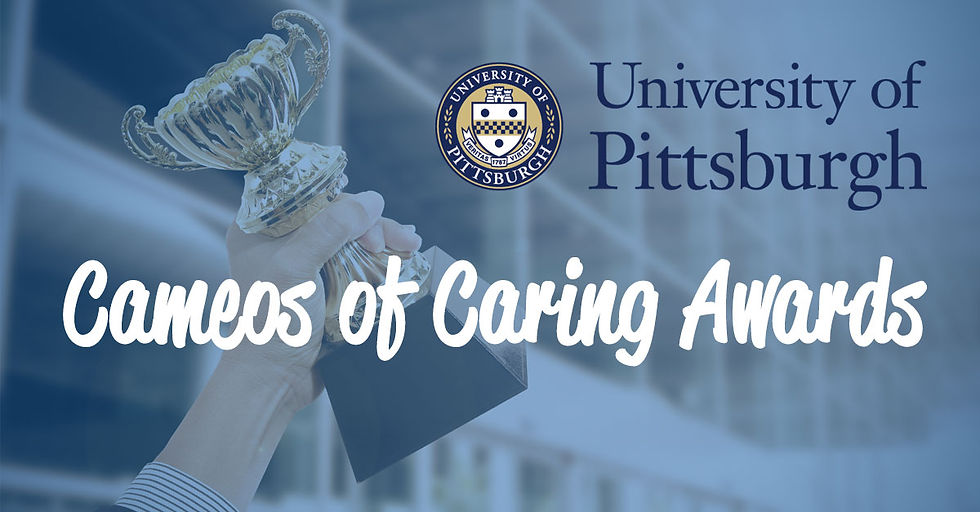- PANA

- May 22, 2019
Updated: Jan 20, 2021

Ji Su (Jenny) Kim graduated May 20 from the University of Pennsylvania’s Doctorate of Nursing Practice Program after serving her final year as a fellow of the prestigious Barry & Marie Lipman Family Prize. Only 16 students receive a fellowship each year.
The prize celebrates leadership and innovation in the social sector with an emphasis on impact and transferability of practices, and in finding ways to resource and connect change-makers to bring innovative ideas to new places and solve problems around the world.
Kim came to the United States from South Korea when she was just a kid. After high school in Georgia, she went to Penn and received a bachelor’s degree in nursing. Soon after, she left for California to serve as a Level 1 trauma center pediatric intensive care unit (ICU) nurse.
Kim came back to Penn in 2016 to finish her doctorate and, for now, plans on sticking around. She will work as a certified registered nurse anesthetist (CRNA) at a large academic hospital in Philadelphia after graduation.
With so much health education, medical training and real-world clinical experience, it only made sense that as a fellow Kim would study … economic development?
“I chose that discipline because it was the one I knew about the least and I wanted to learn more about it,” Kim says. The other fields were health, social justice and education. The 16 fellows are divided into four groups of four to study each discipline.
Students interested in the fellowship submit an application with short-answer essays and must complete an in-person interview. Kim’s fellowship ran from August 2018 through graduation.
Her team’s work involved looking deeply into nonprofit organizations --- financial statements, tax filings, board structures, etc. --- and determining what impact they have on a community and the potential for transformative experiences by those who seek or utilize the services.
More than 100 nonprofits apply for the review and chance to win. Kim’s team collectively narrowed the field to 40 organizations, and then to 12. The students present the slimmed down selection to the prize committee. Kim presented on a homeless organization that provides mobile hygiene services. It began in San Francisco but has since expanded to other cities.
“We had personal leadership coaches counsel us through our leadership goals for the year as well as a public speaking coach to give us feedback on our presentation styles and delivery,” Kim said. “These two things were invaluable in fostering confidence, ownership, and realization of being the subject matter expert.”
After all the presentations, the prize committee, which includes faculty and the Lipmans, picks three winners. The overall winner receives $250,000 but all three get access to Penn staff and faculty to share information and best practices to advance their cause.
That her fellowship discipline had nothing to do with anesthesiology made no difference. The minds around her influenced her and inspired her, and the whole experience will help her as a CRNA.
“It really opened my eyes to where we fit into this larger system,” she said. “The rest of the world really doesn’t operate in silos. In the real world, everyone really kind of works together. This experience showed me how to work collaboratively. We all need each other and we need to use each other’s strengths to elevate the whole.”
Kim may be staying in Philadelphia for now, but don’t expect her to stay put for long.
Her father passed when she was in high school, so she watched her mom raise three children. Her family benefited from a community that supported them, which is why she is committed to finding a way to give back for all that she received.
Her ultimate goal is to go on medical mission trips --- short term at first to gain experience, and then longer term to help as many and as much as she can. That is also among the reasons she became a CRNA. You can go anywhere in the world where there is surgery or pain and suffering, and you can be a part of relieving it, she said.
“If I do my job right, you’ll never know I was here,” Kim says in a video about the fellowship. “It’s such a great privilege to be able to have that hand print in someone’s life without needing the glory that comes with it afterwards. And really, it’s the invisible hands in the world that really are the drivers and the movers part of us making us wholly connected at the same time.”














